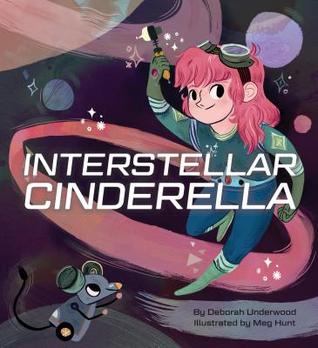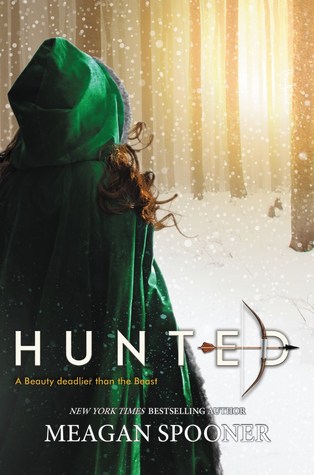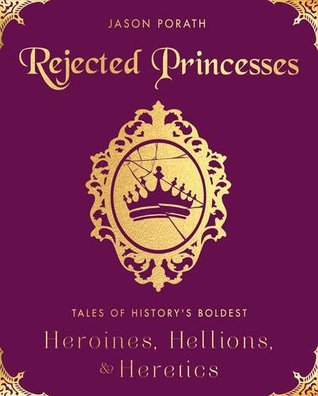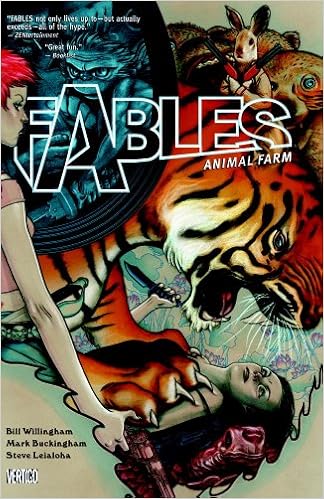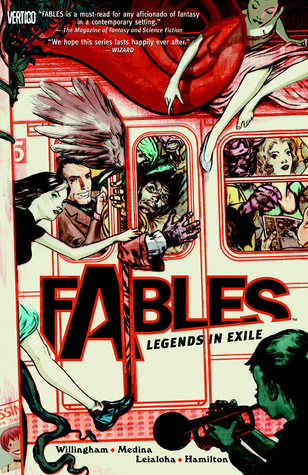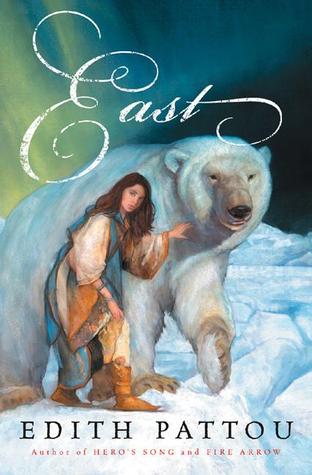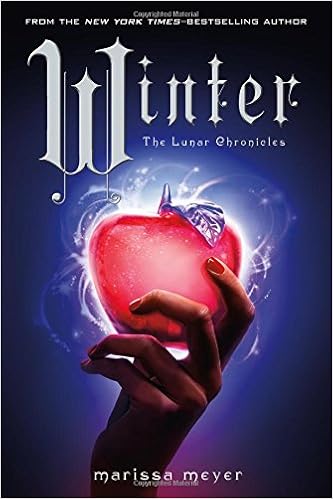 |
| Clarion Books |
Mechanica
Betsy Cornwell
2015
The Summary
"Nicolette's awful stepsisters call her 'Mechanica' to demean her, but the nickname fits: she learned to be an inventor at her mother's knee. Her mom is gone now, though, and the Steps have turned her into a servant in their own home.
"Then, on her sixteenth birthday, Nicolette discovers a secret workshop in the cellar and begins to dare to imagine a new life for herself. Could the mysterious books and tools hidden there--and the mechanical menagerie, led by a tiny metal horse named Jules--be the key to escaping her dreary existence? With a technological exposition and royal ball on the horizon, the timing might just be perfect for Nicolette to earn her freedom at last.
"Gorgeous prose and themes of social justice and family shine in this richly imagined 'Cinderella' retelling about an indomitable inventor who finds her prince...but realizes she doesn't want a fairy-tale happy ending after all."
The Good
I ended up reading
Mechanica in one sitting. For some reason, I just couldn't seem to put it down. It was a novel story that managed to combine magic and Faerie kingdoms with science-fiction and steampunk fantasty, while tying in threads of fairy tales--namely,
Cinderella--and complex political and/or social conditions.
It reminded me in many ways of
Cinder by Marissa Meyer.
Mechanica has many of the same elements: a downtrodden heroine, a mechanical best friend, a delicate political and social balance between disparate groups (between the human race and the Lunars in
Cinder; between humankind of Esting and the magical citizens of Faerie in
Mechanica), an endearing human friend, a handsome prince who conceals his identity to mingle with the rest of the population, a mysterious disease.
It's actually quite startling the similarities. I can see why other readers can draw such parallels--and why more than a few have managed to toss it aside.
However, like
Cinder,
Mechanica has its own unique Cinderella-esque story. Like Cinder, Nicolette is a strong and intelligent heroine. She's a builder, an inventor. She repairs automatons and maintains her mother's inventions, and she
makes them using her own ingenuity...and a little magic. At its core,
Cinder is a science-fiction novel;
Mechanica rings of fantasy and fairy tales.
Now that I've gotten those comparisons out of the way, I'd like to talk about just
Mechanica. As the book jacket promises, it's a "richly imagined...retelling" of
Cinderella. I found I liked reading Nicolette's narrative, not only for the inventiveness of her elaborate, steam-fueled world of cogs and glass and metal, but for the depth of her personality.
Nicolette is incredibly introspective and thoughtful. She's a dreamer, an inventor, and she seems to have this elaborate world stretching out in her head as she imagines new things, creates new inventions, frets over her plans--for she does eventually have plans when she finds her mother's workshop--and wonders at her new friends. At the same time, she recognizes her faults and her mistakes.
And yet she knows she will make them, regardless, because no one is perfect.
For instance, after Nicolette meets Fin and Caro (you'll hear much more about them, I'm sure), she finds herself slowly falling for Fin, the first boy who has shown an interest in her work and, more to the point, has shown her even the smallest bit of courtesy. She realizes it's silly to daydream about a boy she barely knows, but she does, because she likes to believe in fairy tales and romance, like, let's face it, we all do:
"I held whole conversations with him in my mind, telling him about the Steps' inanity, or their coldness, or the transparent fawning of whatever beaux they had entertained that day. I told him about my work as I made it, explaining the movements and turnings...the delicate clockwork that went into replicating Mother's mechanical insects. I spoke more with my imagined Fin than I did with the real Caro in our letters. [...] Every once in a while, I would remember that I could count my actual interactions with him on one of my hands..."
Besides which, I absolutely loved that Nicolette was so self-sufficient. Not only does she find a way to sell her beautiful baubles and some of her inventions, she uses her money to go the grand "Royal Exposition of Art and Science." The ball at the beginning of the event is not her goal; no, her true goal is the Expo to show off her inventions, to gain a patron, to open a shop of her own and leave the horrible "Steps" behind.
She doesn't have designs on the prince; in fact, she doesn't
want the prince. She wants to create a life for herself, out of the shadow of her so-called family. Her happily-ever-after doesn't involve a crown; it involves a socket wrench and a mechanical horse named Jules. Who needs the heir apparent when you have a strong pair of hands and a noble steed to take you places?
Altogether, I enjoyed
Mechanica and, just because it does resemble
Cinder in many respects, I don't think it's a novel to easily dismiss. It has a strong heroine and, I think, it has an interesting story that is rich with detail and magic. It's a good start to a new series, and I'll be looking for more from Betsy Cornwell.
The Bad
I am a bit ambivalent toward the conclusion of
Mechanica. Don't get me wrong, I love that you get to see Nicolette standing up for herself, fulfilling her wishes and dreams. It's strangely inspiring; however, it left me with a lot of questions about Faerie, about Esting and its rocky relationship with the Fay, and about Jules--and the Ashes that gave him life.
Granted,
Mechanica is only the first in the series, but I would have liked a little more closure.
The Ugly
The stepsisters and their cruel, frigid mother.

